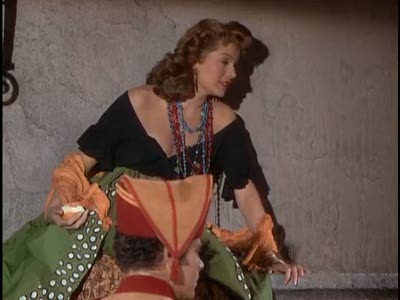I have an agenda: I want Norwegians to use English on the internet, so we can have two-way conversations with the rest of the world. I promote this agenda by setting a good example, (see how easy it is?), and by writing bitter blog posts every couple of years about what we miss out on by huddling together in our linguistic walled garden.
The agenda is a failure. A colossal failure. Like everyone else, Norwegian web users started out globally oriented, then turned in on ourselves along national lines. We have hardly a link to spare even for Swedes and Danes, who, oh horror, write words in a slightly different way from us. Mirroring the flow of news from American to Norwegian media, and of laws from Brussels, we read and link to English-language sites, but it’s all one way, creating a black hole of ideas.
My agenda goes further than the internet. I want to see English in common use for work, in culture, and in the media – not replacing Norwegian, but side by side with it. This agenda is even more quixotic, which makes it extra fun to cling to it. And you know I’m right. You know our future is – or ought to be – one of close integration with other countries. A world where we study abroad, and marry abroad, and live abroad, and where foreigners do the same to us.
The language wall will fall, then. It has to. But could we please start tearing it down right away?







